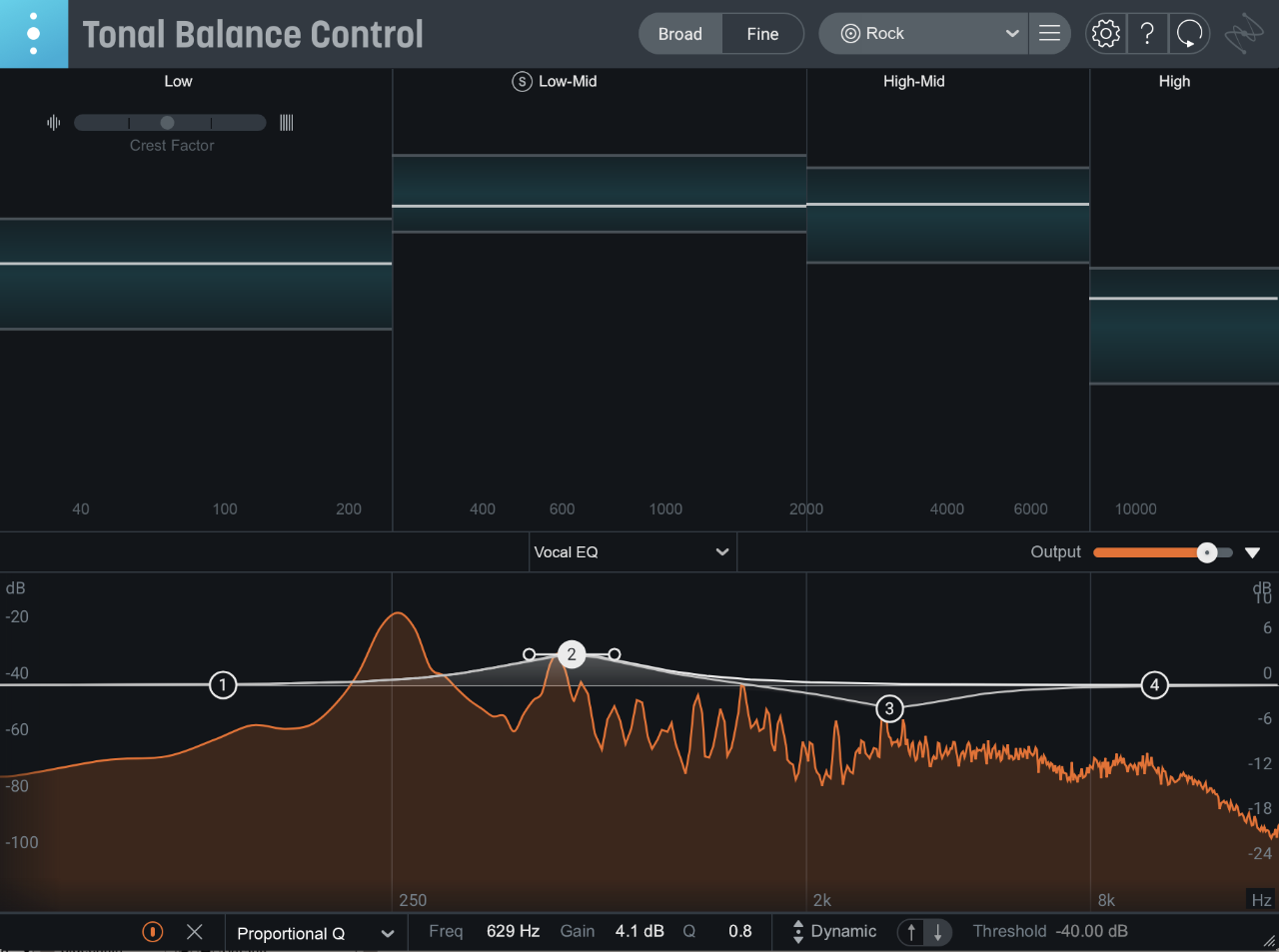
It is not a case of buy cheap buy twice because you'll buy more plugins regardless of how lovely your latest one is. If the sound had been as much of an advance as the interface I would consider it- If it was half the price! :D I still use it quite a but being a verb/delay freak, I use a lot of different verbs/delays. Gotcha, I picked up Pro-R right when it came out. On the first page I recommended others also consider the Elevate bundle with Equivocate (you can see a video on that in my link).:)

Personally I have numerous EQs and don't feel the need for these ones but I'm not criticizing them, just suggesting that the YT reviewer wasn't even thorough enough for a quick overview, let alone a review with conclusion. My post in your quote introduced Sonible (Not Fabfilter) to the thread as I find their products interesting and thought others may want their features more than I do. Sometimes they just don't come as cheap as you'd like. Inexpensive examples are Klanghelm and TDR. Sometimes they do.Ĭockos supports their stuff just as well, but is both inexpensive and also targets pretty much everybody :)

This requires a good amount of support, continued development and a feature set that enthusiasts will likely appreciate far less than an 8-hour/day user that will spend that money because it saves time and enables improved workflows.
#IZOTOPE TONAL BALANCE CONTROL IS DRIVING ME CRAZY PROFESSIONAL#
Think of Fabfilter as a company that makes tools for professional use. However, most of the time, I’ve found that using the regular non-customized curves works better for controlling the mix." In certain cases, when the mix was particularly unbalanced, smart:EQ+ would successfully pinpoint the problem areas. "The results were less impressive when trying to process the entire mix (or a busy stereo bus) using the custom curve. He comes to his conclusion with scant information and little consideration really but it's still worth a look. This one looks interesting but much like the Fabfilter stuff I'm not going to spend that kind of money on an EQ: Both are reliable but Pro-Q2 is way more flexible and has a couple of options ReaEQ does not have(yet?). Its interpolation from automation is very good too. Its analyzer is more precise as well, though my evidence for that is only my own experience. 6 to 96 dB.īand activation, band type are automatable, unlike ReaEQ.
Its lowpass and highpass filters don't just have Q for resonance control like ReaEQ, but filter slope values too. As you boost, the Q increases, narrowing the bandwidth. There's a switch to have every bell band have a Q/gain relationship like those musical-sounding EQs. It can have different slopes at the flanks of the bands, creating flat scoops or boosts if you need them. Its filters are a LOT more flexible, especially the bell shaped bands, i.e. It has a static amount of bands(24), but is light on CPU regardless, probably only processing bands as you activate them. I don't automate its central processing modes(zero latency/analog phase/linear phase), but almost everything else. I just don't understand what fabfilter can do more besides looking prettier.Įverything is automatable for one thing. What are the advantages of using other alternatives such as fabfilter ? I'm talking about an EQ for mixing, not for analog sound effects. For me reaEQ is awesome, the interface has an integrated analyser, you can add as many bands as you like.


 0 kommentar(er)
0 kommentar(er)
